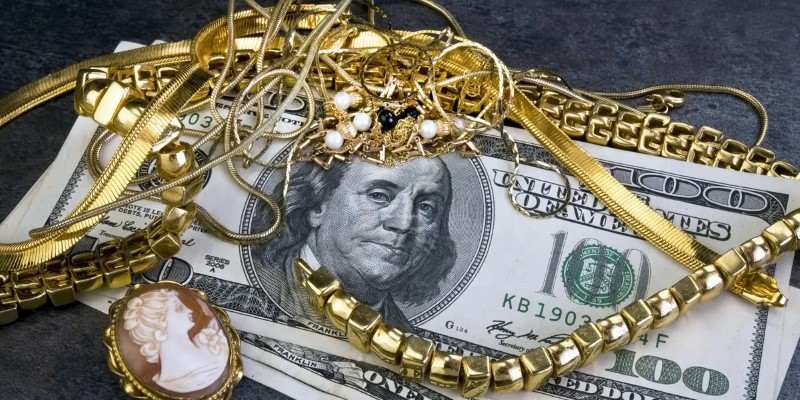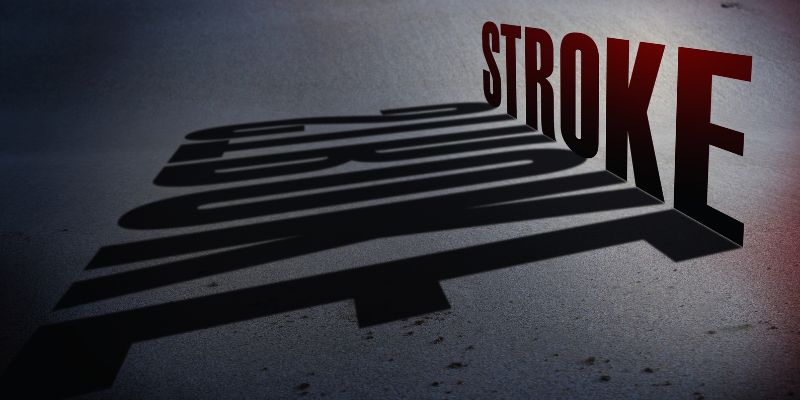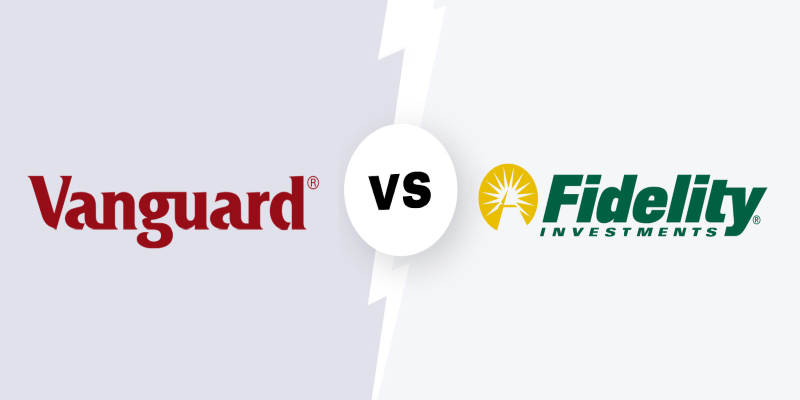Everything You Need to Know About Pawnshop Loans and Collateral
When life throws financial curveballs, many people find themselves exploring unconventional borrowing options. Pawnshop loans are one such alternative, offering a fast and straightforward way to secure funds without the lengthy approval process of traditional loans. These loans use the value of personal belongings as collateral, making them an option for individuals with less-than-perfect credit. But how exactly do pawnshop loans work, and what should you know before stepping into one? This article unpacks the entire process, explaining the mechanics, loan terms, benefits, drawbacks, and tips for borrowers. By the end, youll have a clear understanding of whether this option aligns with your financial needs.
How Pawnshop Loans Operate
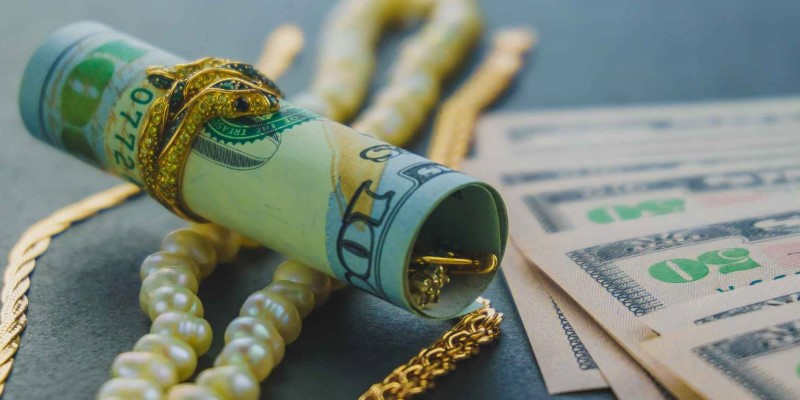
Pawnshop loans are quite simple: they are a collateral-based loan. At a pawnshop, you take an item of value- the most common being jewelry, electronics, or collectibles- and get a loan in exchange for it. The pawnshop will then appraise the item and offer a loan based on a percentage of its market value. Usually, the loan ranges between 25% to 60% of the item's resale value, depending on its condition, demand, and the shop's policies.
Once you agree on the terms of the loan, a pawnshop keeps your item as collateral and pays you the cash. It does not need to run any kind of credit checks because this loan is covered by the item itself. This gives pawnshop loans an immense appeal to people who might not be qualified to obtain traditional loans because they have poor credit or even lack income documents.
If you repay the loan fully, along with the applicable fees and interest, you can reclaim your item. However, if you are unable to repay on time, the pawnshop can sell your collateral in order to get their money back. You do not have a legal obligation to pay back the pawnshop loan; rather, it is secured with your item as collateral.
Loan Terms and Repayment
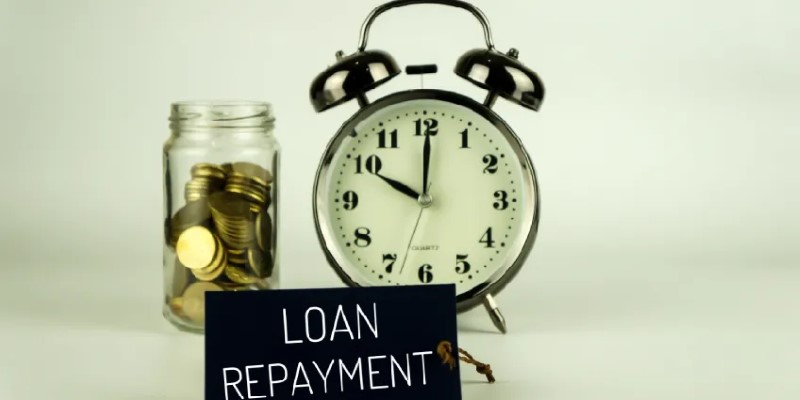
The terms of a pawnshop loan can vary significantly depending on the state, the pawnshop, and the type of item being pawned. Loan periods typically range from 30 to 90 days, though some pawnshops may offer extensions or renewals for an additional fee.
Interest rates on pawnshop loans are generally higher than those of traditional loans, often ranging between 5% and 25% per month. These rates may not seem excessive for short-term borrowing, but they can quickly add up if the loan is extended. Additionally, pawnshops may charge storage or appraisal fees, further increasing the cost of borrowing.
Repayment involves paying back the loan amount plus any accrued interest and fees within the agreed-upon term. Borrowers who are unable to repay the loan can often negotiate a renewal by paying a portion of the interest or fees, which resets the loan term. If repayment is not feasible, borrowers can simply forfeit their collateral without further financial consequences, which sets pawnshop loans apart from unsecured loans or payday loans.
Benefits and Drawbacks of Pawnshop Loans
Benefits
One of the most significant benefits of pawnshop loans is their accessibility. Unlike traditional lenders, pawnshops do not require credit checks or income verification, making them an option for individuals with poor or no credit history. The approval process is also quick, often taking just minutes, which makes pawnshop loans a lifeline for those in urgent need of cash.
Another advantage is the limited financial risk. If you fail to repay the loan, the worst-case scenario is losing your collateralnot damaging your credit score or facing debt collectors. This makes pawnshop loans a less intimidating option for some borrowers.
Drawbacks
However, pawnshop loans are not without drawbacks. The high interest rates and fees can make them expensive, especially for borrowers who need extensions. Over time, these costs can rival or exceed the value of the loan itself.
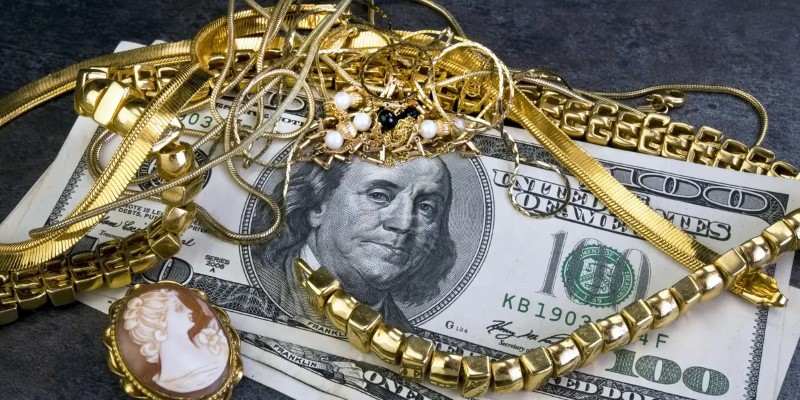
Additionally, the amount you can borrow is limited by the value of your collateral. This can be a disadvantage if you need a substantial sum of money but only have items of moderate value. Finally, the risk of losing a cherished or valuable item may deter some people from using pawnshop loans altogether.
Tips for Borrowers
If youre considering a pawnshop loan, a little preparation can go a long way in ensuring a positive experience. Start by researching reputable pawnshops in your area and comparing their terms, fees, and interest rates. Look for shops that are licensed and have good customer reviews to minimize the risk of dealing with unethical practices.
Before visiting a pawnshop, assess the value of the item you plan to use as collateral. Doing some research online or getting an independent appraisal can give you a ballpark figure of what to expect. Be prepared to negotiate, as some pawnshops may offer less than the items actual value.
Its also important to understand the loan terms and ask questions if anything is unclear. Clarify the interest rate, fees, repayment schedule, and the consequences of non-repayment before signing any agreements. Make sure youre confident in your ability to repay the loan to avoid losing your collateral.
Finally, consider alternative options before committing to a pawnshop loan. Depending on your financial situation, you might be able to borrow from friends or family, use a credit card, or explore personal loan options with better terms. Pawnshop loans should be viewed as a last resort for emergency cash needs.
Conclusion
Pawnshop loans provide a quick and accessible way to borrow money, especially for those with limited credit options. Their simplicity and lack of credit checks make them appealing, but the high interest rates and risk of losing valuable items should not be overlooked. Borrowers must understand the terms, fees, and potential consequences before committing. While these loans can be helpful in emergencies, they are best used as a last resort. By carefully evaluating your options and preparing adequately, you can minimize risks and make the most of this borrowing method. Responsible use is key to ensuring pawnshop loans serve as a temporary financial solution.

